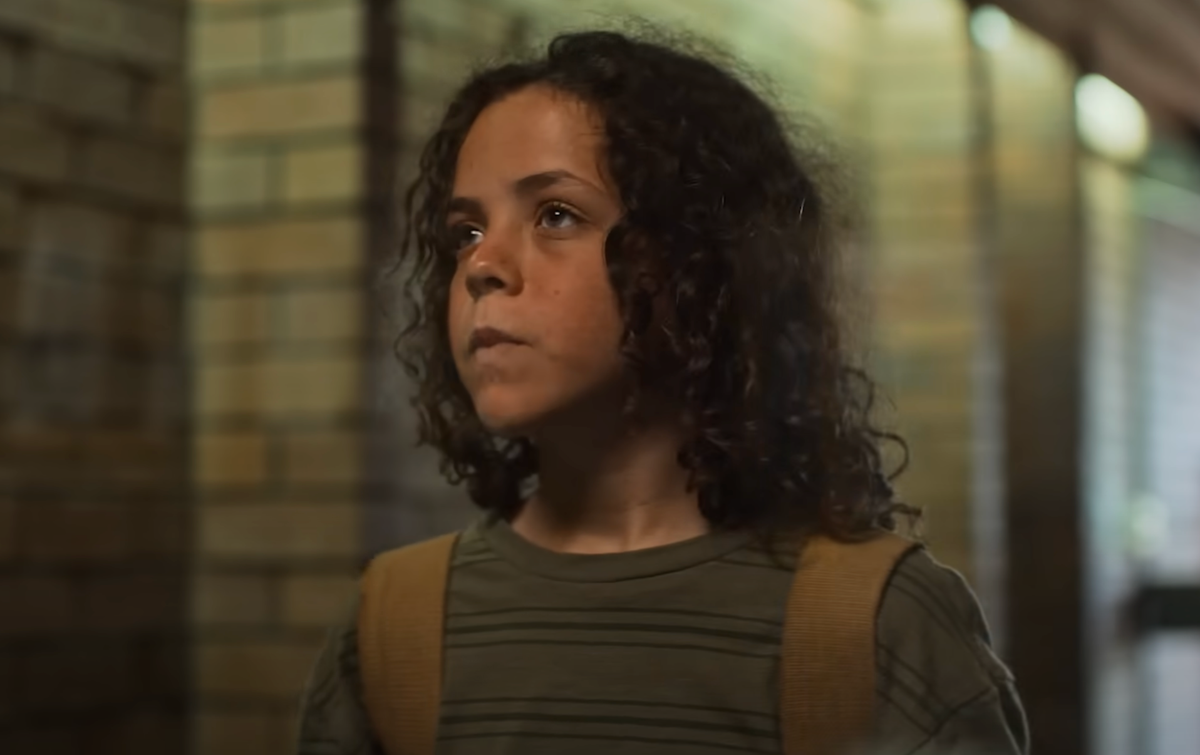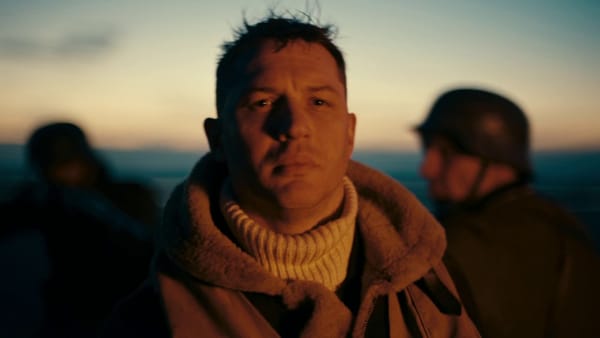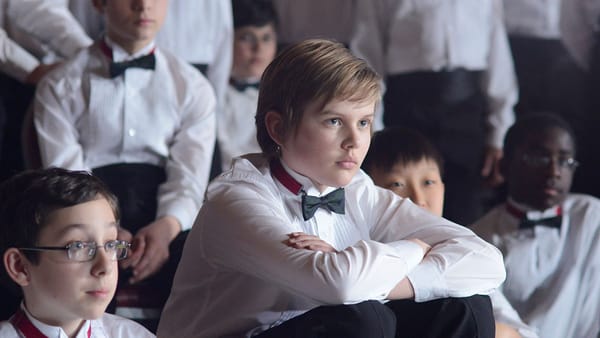When the universe speaks to a boy no one listens to.

BOY SWALLOWS UNIVERSE is a soaring, bruised, big-hearted adaptation — a coming-of-age story that balances magic and misery with an emotional precision few series ever manage. Based on Trent Dalton’s beloved novel, the show captures the wild contradictions of 1980s Brisbane: violence and tenderness, crime and innocence, trauma and hope, all wrapped inside the perspective of a boy who sees the world more clearly than the adults meant to guide him.
Felix Cameron’s performance as young Eli Bell is the series’ engine. He plays Eli with an openness that feels almost miraculous — wide-eyed without being naive, hopeful without being foolish. Cameron communicates the sense of a child trying to decode a world made of warnings, secrets, and half-told truths. His Eli doesn’t just watch events unfold; he absorbs them, metabolizes them, transforms them into something survivable. It’s one of the most emotionally intelligent child performances in recent memory.
The supporting cast is equally exceptional. Travis Fimmel brings a haunting fragility to Lyle Orlik, the charming but doomed stepfather whose love for the boys is as real as his addiction is merciless. Phoebe Tonkin’s Frankie is raw, weary, and deeply human — a mother clawing her way through trauma with more grit than stability. Simon Baker’s Robert Bell is a revelation: painfully soft, a man trying to shield his sons from storms he never learned to weather himself.
And then there’s Bryan Brown as Slim Halliday — equal parts myth, mentor, and mystery. Brown infuses Slim with a quiet authority, a man sculpted by time, regret, and the rare ability to see the world’s ugliness without surrendering to it. Every scene between Slim and Eli carries the emotional weight of an inheritance — not of crime or cynicism, but of wisdom carved from chaos.
Visually, the series is lush without ever tipping into fantasy. The magical realism of Dalton’s novel is handled with restraint: flashes of surrealism, shards of dream-logic, glimpses of a universe that seems to reach back toward Eli as he reaches out. The directors keep one foot firmly in the grit of 80s Brisbane — fibro houses, humid afternoons, suburban sprawl — while allowing the other foot to wander the edges of imagination.
What elevates the miniseries is its emotional clarity. It never sanitizes violence or childhood trauma, but it refuses to let despair be the final word. The series understands that children survive not by ignoring darkness but by finding moments of wonder inside it. Eli’s belief in love, in possibility, in the idea that broken people can still build beautiful things — that is the universe he swallows and carries forward.
The finale brings Dalton’s themes into devastating focus: forgiveness as rebellion, hope as discipline, and storytelling as salvation. The show doesn’t tie every thread neatly. Instead, it honors the messy truth of growing up in a world that gives children both too much and too little to work with.
BOY SWALLOWS UNIVERSE is a rare adaptation that preserves the spirit of its source while carving out a cinematic identity of its own. It is brutal, tender, funny, mystical, and deeply Australian — a series that believes in miracles not because they’re probable, but because sometimes they’re the only thing that keeps a kid going.
A triumph of heart, craft, and storytelling.




